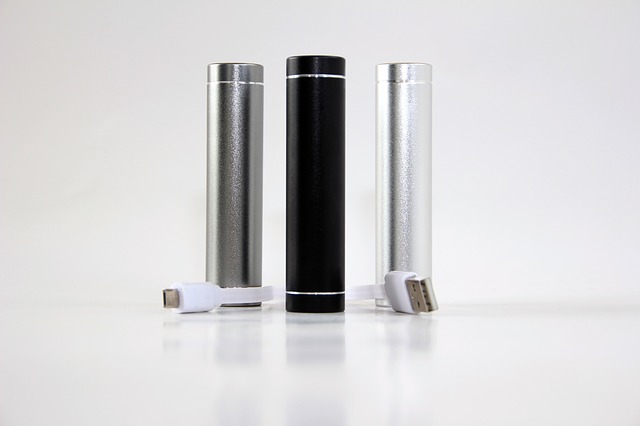
We’ve all been there. Just when you needed to use your phone the most, its battery dies out. And it’s only been a few hours since you last charged it. Frustrating, right? But there’s new hope on the horizon for our perennial battery problem. The potential solution? Supercapacitors that can reach full charge in a matter of seconds and stay charged for more than a couple of days.
After experimenting with various techniques, a team of scientists from the University of Central Florida (UCF) led by Assistant Professor Yeonwoong “Eric” Jung have come up with a possible alternative power source for electronic devices. They have developed a supercapacitor prototype that can be charged faster, store more energy, and last longer.
According to Nitin Choudhary, a postdoctoral associate who conducted a big part of the research which was recently published in ACS Nano: “If they were to replace the batteries with these supercapacitors, you could charge your mobile phone in a few seconds and you wouldn’t need to charge it again for over a week.”
Instead of making use of graphene, which was what many other researchers on the same type of project were doing, the UCF team developed a different approach through which they were able to successfully integrate existing nanomaterials with other two-dimensional materials. By wrapping ultra-thin 2D metal materials around tiny conductive wires, it became possible to quickly and easily allow electrons to pass from the core to the shell. The result was a fast-charging material with a huge amount of energy and power density.
In contrast with lithium-ion batteries that store electrical energy through chemical reactions, supercapacitors store electricity on the surface of a material, which in this case, has the ability to hold tons of electrons. And that’s what makes charging it much faster. Moreover, a supercapacitor cell can theoretically be charged for about 30,000 times before the process of degradation starts. With a lithium ion battery, degradation starts much earlier, after only about 1,500 times of full charging.
Right now, the technology is still in a “proof-of-concept” state. Basically, they’re saying that it can be done, but there’s no absolute certainty on when it can be done, and up to how much extent it can be done. A great deal of development, more research and many more tests will be needed to determine just how powerful and effective the supercapacitors can be.
Once patented, and hopefully perfected, the technology has the potential for use across different fields and industries, not just limited to wearables, mobile electronic devices and electric vehicles. And with a more durable and flexible power source, maybe we won’t ever have to deal with exploding smartphones or igniting electric car batteries ever again.

If they can “hold tons of electrons” these devices are going to be very heavy…
Any device with a very large and rapidly available energy density can explode…the supercapacitors would not be a safety panacea. Leakage pressure would be correspondingly extreme, bringing into question how long the charge could last. Still, well worth exploring, just don’t oversell.